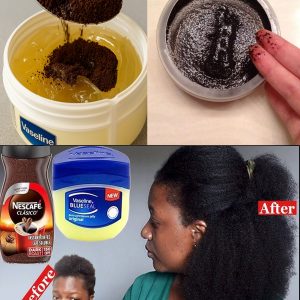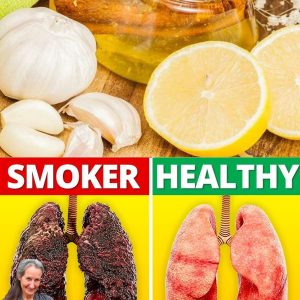A white tongue might seem harmless, but it can actually be an early warning sign of several underlying health issues. Often, it’s caused by a buildup of bacteria, food debris, and dead cells on the tongue’s surface—but it can also point to more serious conditions. Some of the most common causes include oral thrush, leukoplakia, and even immune system disorders. Recognizing the difference between a temporary issue and a symptom of something more serious is key to protecting your overall health.
Oral thrush, a yeast infection in the mouth, is one of the most frequent culprits behind a white-coated tongue. It’s especially common in individuals with weakened immune systems, those taking antibiotics, or people who wear dentures. Other possible conditions include dehydration, lichen planus, and geographic tongue—all of which can cause irritation and discoloration. In rarer cases, a white tongue might signal precancerous changes or sexually transmitted infections, making it important not to ignore persistent symptoms.
Fortunately, there are ways to treat and even reverse a white tongue quickly. Start by practicing good oral hygiene: brush your tongue gently with a soft toothbrush or tongue scraper, stay well-hydrated, and rinse your mouth with antiseptic mouthwash. If the discoloration is due to thrush, antifungal medication may be necessary. For more serious causes, a visit to a healthcare professional is essential for a proper diagnosis and treatment plan.
Don’t dismiss a white tongue as a simple cosmetic issue. Your mouth is a window into your overall health, and sudden changes can reveal more than you think. If your white tongue persists for more than a week or is accompanied by pain, swelling, or other symptoms, seek medical advice immediately. Acting early can help you avoid complications and get back to feeling your best—fast.


